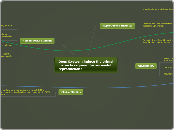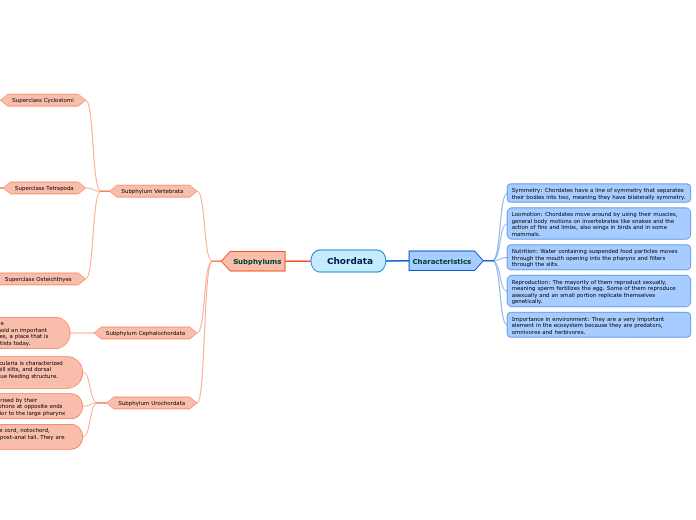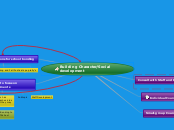作者:John Spielvogel 13 年以前
371
Research Paper
The hormone oxytocin plays a crucial role in human social bonding and reproductive instincts. Known as a neurotransmitter produced in the hypothalamus, oxytocin acts as a chemical addiction that reduces fear and fosters trust.









